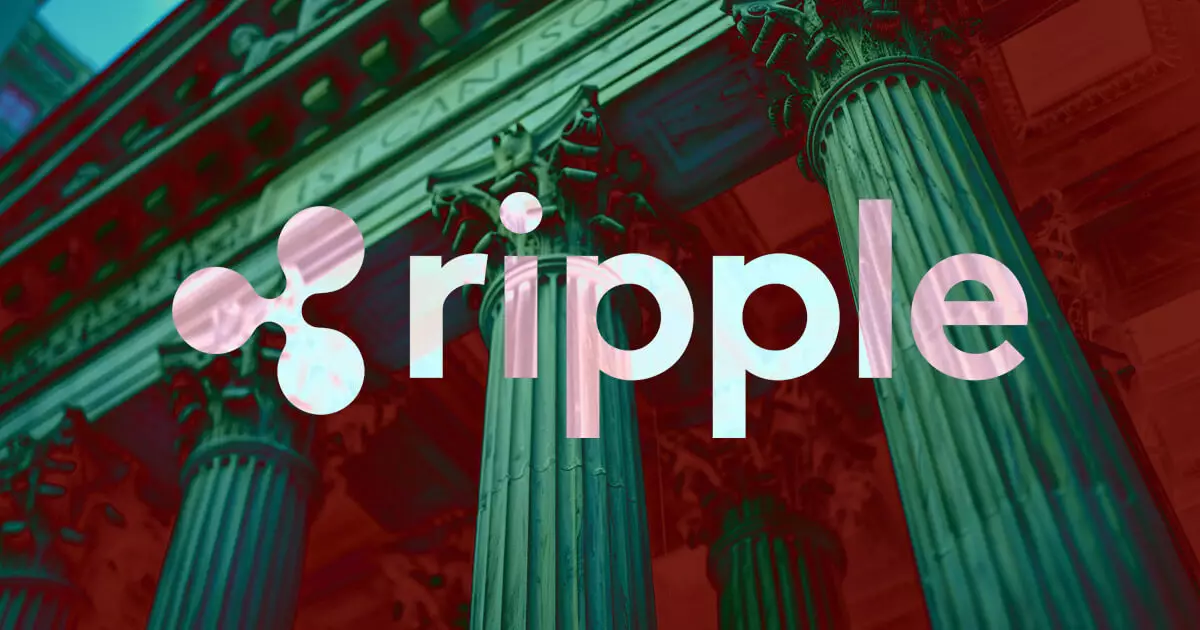Ripple finds itself entangled in a new legal battle as a US judge in California has approved a lawsuit against the crypto company. The lawsuit revolves around alleged misleading statements made by Ripple’s CEO, Brad Garlinghouse. This recent development indicates that the case will proceed to trial, where a jury will determine whether Garlinghouse misled investors through statements he made during a televised 2017 interview with the Business News Network.
During the said interview, Garlinghouse proclaimed his strong belief in XRP, claiming it to be a significant portion of his personal investment portfolio. He expressed skepticism towards other digital assets, emphasizing the importance of solving real-world problems for sustained growth. Garlinghouse’s statements further reiterated his unwavering support for XRP, citing industry jargon like “HODL” to demonstrate his long-term commitment.
Despite facing allegations of misleading statements, Ripple attempted to dismiss the claims by asserting that XRP does not qualify as a security. However, Judge Phyllis Hamilton countered this argument by highlighting that while XRP may not fit the traditional definition of a security, it could still be deemed as one when marketed to non-institutional investors. The judge emphasized the relevance of investors’ expectation of profits, a key criterion under the Howey Test, in determining the security status of XRP.
Implications of Ripple’s Actions
Judge Hamilton further scrutinized Ripple’s promotional efforts aimed at fostering the utilization of XRP in cross-border transactions and other applications. She posited that such initiatives might inadvertently fuel investors’ anticipation of financial gains from XRP, thereby blurring the lines between a utility token and a security. The judge’s observations underscore the potential consequences of Ripple’s business strategies on investors’ perceptions and regulatory compliance.
As Ripple braces for a contentious legal battle over the alleged misleading statements made by its CEO, the outcome of this lawsuit could have far-reaching implications for the broader cryptocurrency industry. The trial’s verdict will not only determine the culpability of Brad Garlinghouse but also shed light on the regulatory framework surrounding digital assets like XRP. Whether Ripple can navigate these legal challenges and emerge unscathed remains uncertain, as the crypto company grapples with mounting legal scrutiny and investor skepticism.

